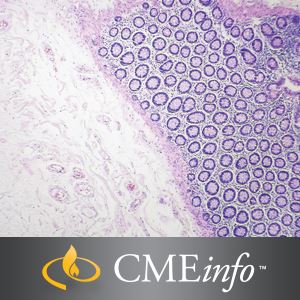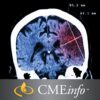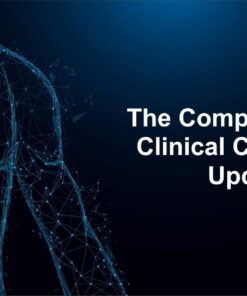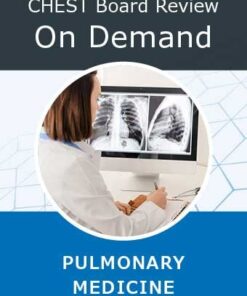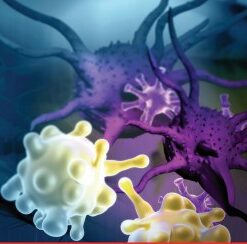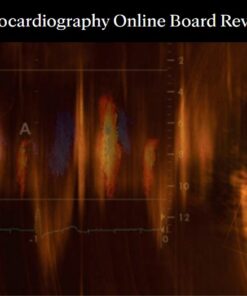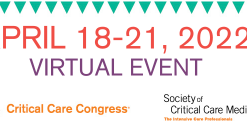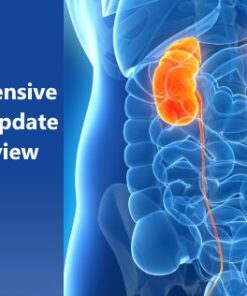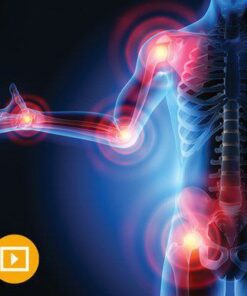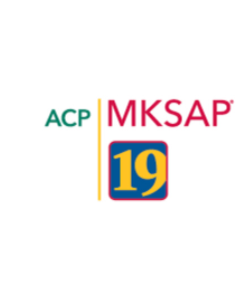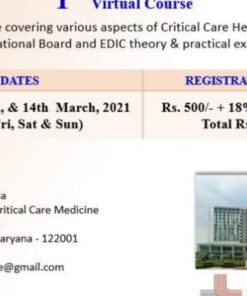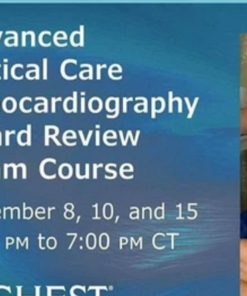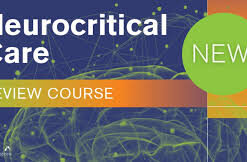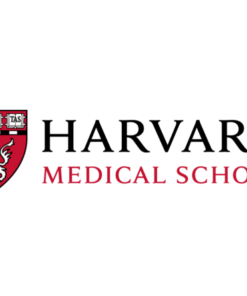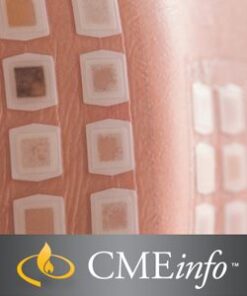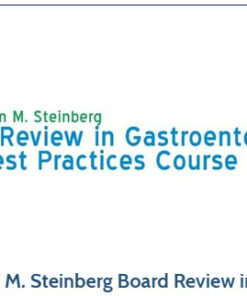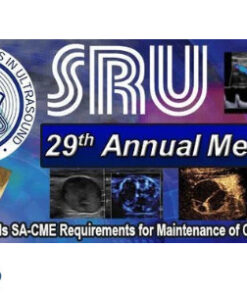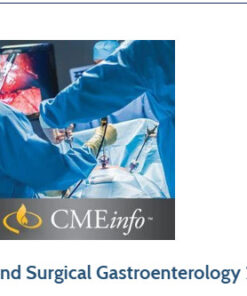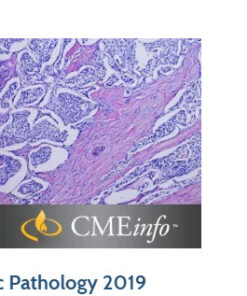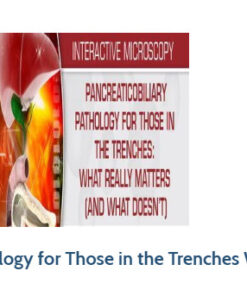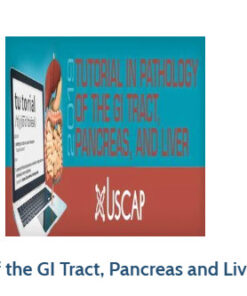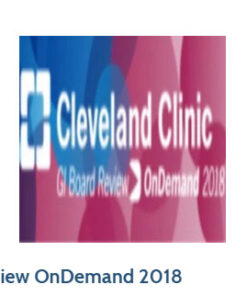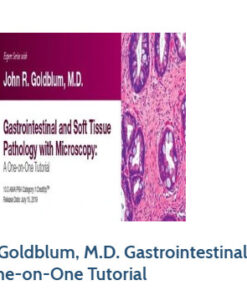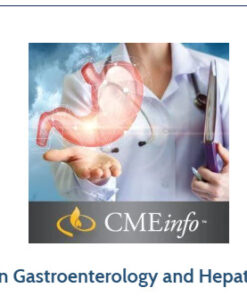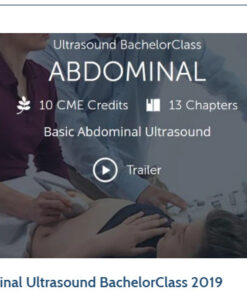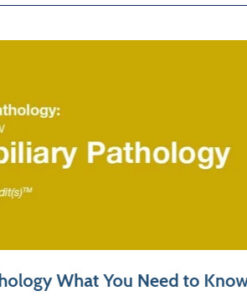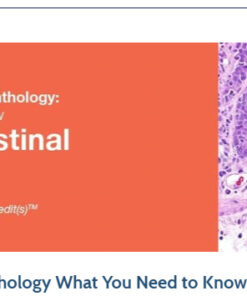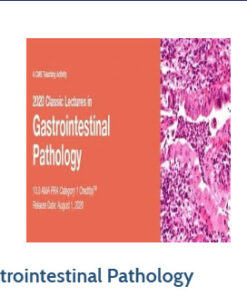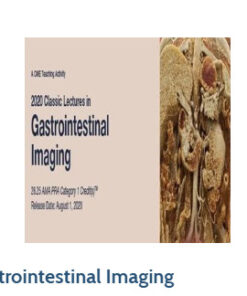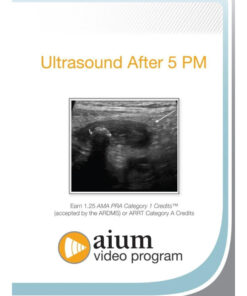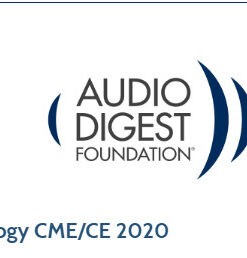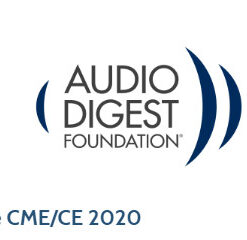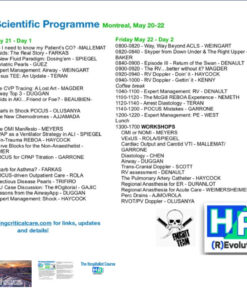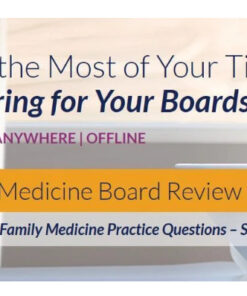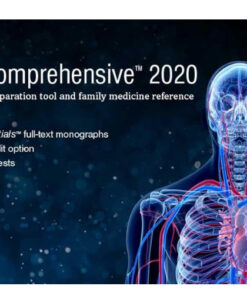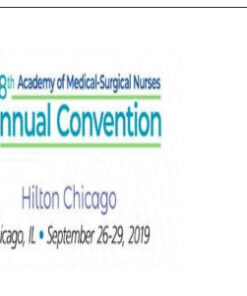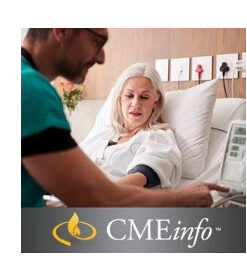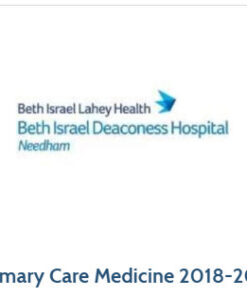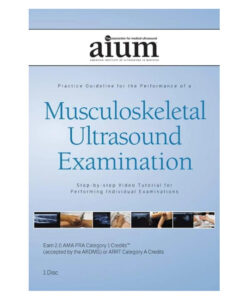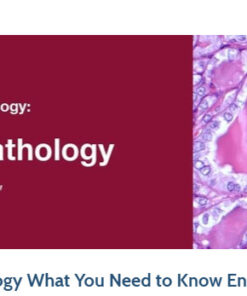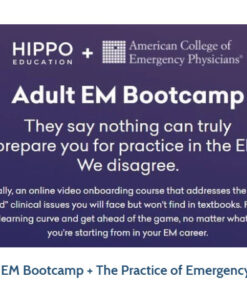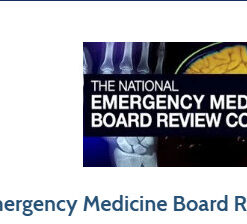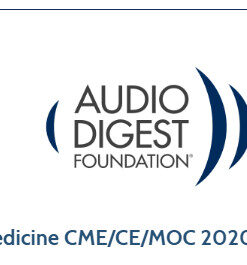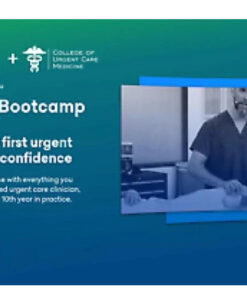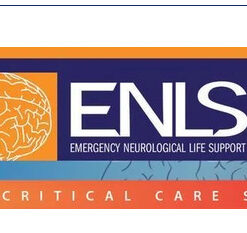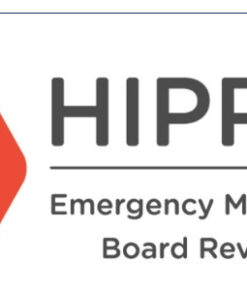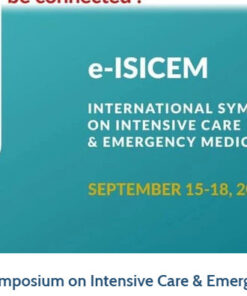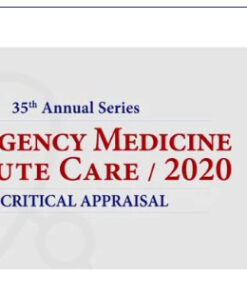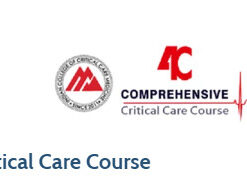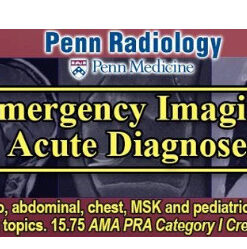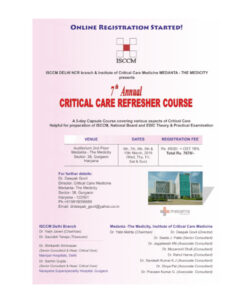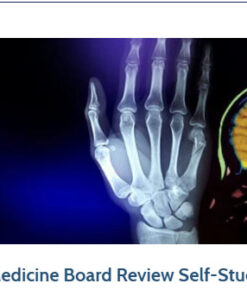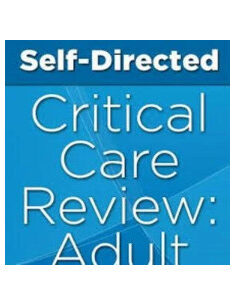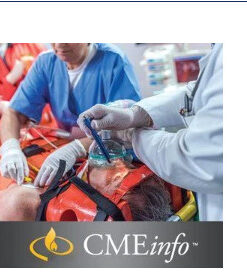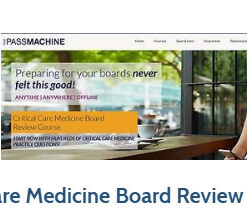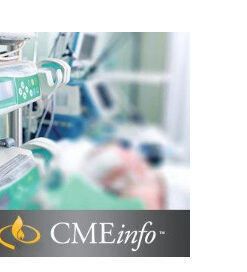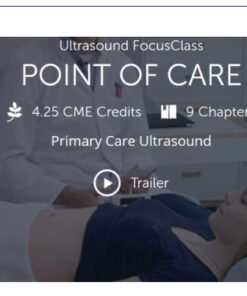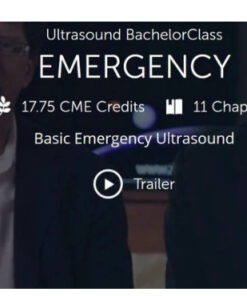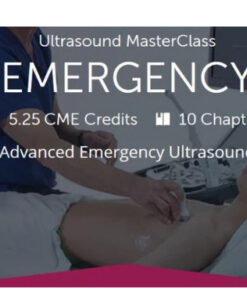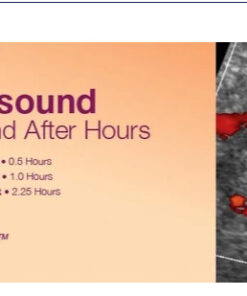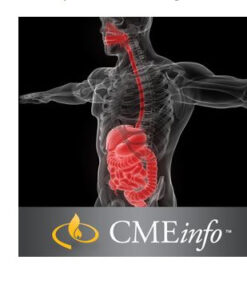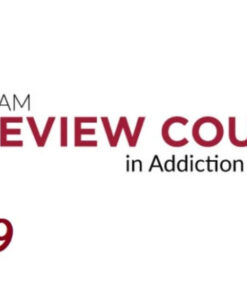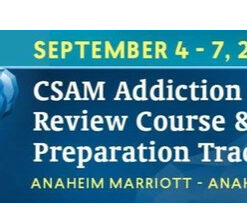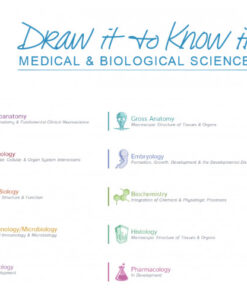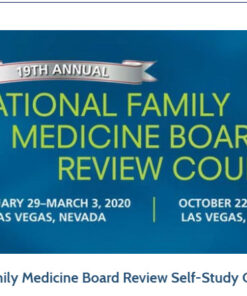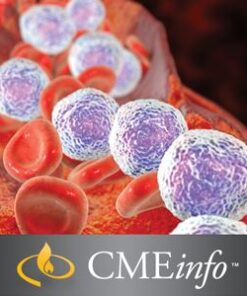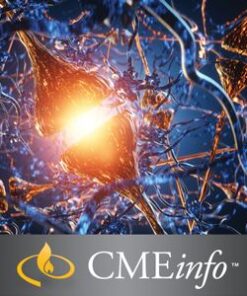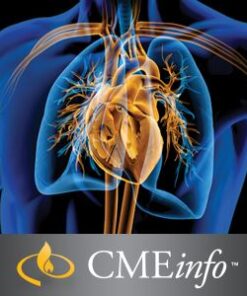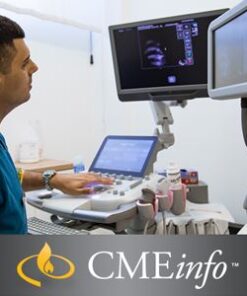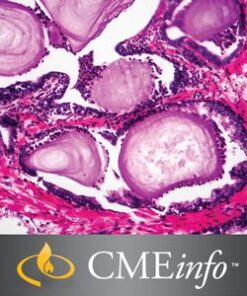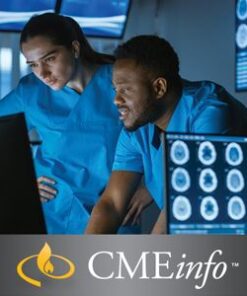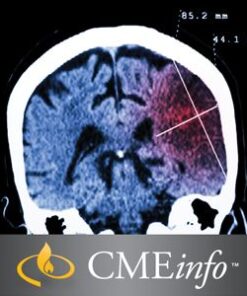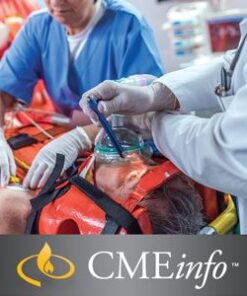- Points to Download: 1100 Points
- Format: 36 Video Files (.mp4 format) + 2 PDF files.
- File Size: 9.81 GB.
Current Concepts in Surgical Pathology presents a broad overview of key areas of surgical pathology and intends to update both academic and community pathologists with new advances in the field. Lead by a renowned pathologist, this CME program includes case-based lectures on topics like lymph node diagnosis, gestational trophoblast disease, DLBCL, inflammatory bowel disease, and more. It will help you to better:
- Apply new criteria for pathologic diagnoses in multiple areas of surgical pathology
- Recognize unusual entities
- Assess the decision making process used to arrive at specific diagnoses
- Utilize contemporary tumor classification systems
- Apply IHC and/or molecular studies judiciously to establish or confirm diagnoses
Expand Your Skills
Available online or via USB, Current Concepts in Surgical Pathology provides a maximum of 29 AMA PRA Category 1 Credits ™ and access to unbiased, evidence-based content and case-based reviews so you can expand your knowledge and incorporate the latest guidelines into your daily practice.
Accreditation
The Harvard Medical School is accredited by the Accreditation Council for Continuing Medical Education (ACCME) to provide continuing medical education for physicians.
AMA Credit Designation Statement
The Harvard Medical School designates this enduring material for a maximum of 29 AMA PRA Category 1 Credits ™. Physicians should claim only the credit commensurate with the extent of their participation in the activity.
American Board of Pathology (ABP)
This activity is approved for 29 credits of Lifelong Learning (Part II) and Self-Assessment Module (SAM) eligible credits towards the American Board of Pathology’s Maintenance of Certification Program.
Canadian Accreditation
The Royal College of Physicians and Surgeons of Canada recognizes conferences and workshops held outside of Canada that are developed by a university, academy, hospital, specialty society or college as accredited group learning activities.
European Accreditation
Through an agreement between the American Medical Association and the European Union of Medical Specialists, physicians may convert AMA PRA Category 1 Credits ™ to an equivalent number of European CME Credits® (ECMEC®s). Information on the process of converting AMA PRA Category 1 Credits ™ to ECMEC®s can be found at: www.eaccme.eu.
Date of Original Release: January 15, 2020
Termination Date: January 15, 2023 (Please note that AMA PRA Category 1 Credits ™ will no longer be issued for the activity after this date)
Estimated Time to Complete the Activity: 29 hours
CME credit is awarded upon successful completion of a course evaluation and post-test.
IOM Competencies
The course is designed to meet the following Institute of Medicine (IOM) Competencies:
- Provide Patient-Centered Care
- Employ Evidence-Based Practice
ACGME Competencies
This course is designed to meet the following American Board of Medical Specialties (ABMS)/Accreditation Council for Graduate Medical Educational (ACGME) competencies:
- Medical Knowledge
- Practice-Based Learning and Improvement
- System-Based Practices
Learning Objectives
After viewing this program, participants will be better able to:
- Apply new criteria for pathologic diagnoses in multiple areas of surgical pathology
- Recognize unusual entities
- Evaluate the decision making process used to arrive at specific diagnoses
- Utilize contemporary tumor classification systems
- Apply immunohistochemistry and/or molecular studies judiciously to establish or confirm diagnoses
Target Audience
This course is targeted to physicians who specialize in pathology.
Disclosure Policy
Harvard Medical School (HMS) adheres to all ACCME Accreditation Criteria and Policies. It is HMS’s policy that those who have influenced the content of a CME activity (e.g. planners, faculty, authors, reviewers and others) disclose all relevant financial relationships with commercial entities so that HMS may identify and resolve any conflicts of interest prior to the activity. These disclosures will be provided in the activity materials along with disclosure of any commercial support received for the activity. Additionally, faculty members have been instructed to disclose any limitations of data and unlabeled or investigational uses of products during their presentations.
Disclosure information for all individuals in control of the content of the activity is located on the disclosure statement in the PDF and printed syllabus.
Disclaimer
CME activities accredited by Harvard Medical School are offered solely for educational purposes and do not constitute any form of certification of competency. Practitioners should always consult additional sources of information and exercise their best professional judgment before making clinical decisions of any kind.
Topics/Speaker:
- Deceptive Patterns and Mimics of Invasive Breast Cancer – Melinda J. Lerwill, MD
- Approach to Lymph Node Diagnosis – Judith A. Ferry, MD
- Non-Invasive Follicular Thyroid Neoplasms with Papillary-Like Nuclear Features and Thyroid Tumors with a Follicular Pattern – William C. Faquin, MD, PhD
- Problems in Ovarian Tumor Interpretation – Mistakes that May Cause Harm to the Patient or Embarrass the Pathologist: Part I – Robert H. Young, MD
- Diffuse Large B-Cell Lymphoma: Problems and Peculiarities in Diagnosis – Aliyah R. Sohani, MD
- Placental Pathologies that Necessitate Intervention – Drucilla J. Roberts, MD
- lnflammatory Bowel Disease: Challenges and Controversies – Joseph Misdraji, MD
- Problems in Ovarian Tumor Interpretation: Part II – Robert H. Young, MD
- Myelodysplasia and Myeloproliferative Neoplasms – Robert P. Hasserjian, MD
- Ductal Carcinoma In-Situ: Diagnostic Evaluation and Problematic Patterns – Melinda J. Lerwill, MD
- Neuroendocrine Tumors of the Gastrointestinal and Pancreaticobiliary Tracts – Vikram Deshpande, MD
- Gestational Trophoblast Disease – Drucilla J. Roberts, MD
- Pancreaticobiliary Neoplasms and their Mimics – Vikram Deshpande, MD
- Interstitial Lung Disease – Lida P. Hariri, MD, PhD
- Classification and Genetics of Familial Thyroid Carcinoma – Vania Nosé, MD, PhD
- Polyps and Other Precursors Lesions in the Colon – Lawrence R. Zukerberg, MD
- Mesenchymal Neoplasms of the Uterus – Esther Oliva, MD
- Update on Gastritis – Lawrence R. Zukerberg, MD
- Approach to Ancillary Testing in Epithelioid Soft Tissue Tumors – Ivan A. Chebib, MD
- Lung Carcinoma: Selected Issues in Histologic Classification – Mari Mino-Kenudson, MD
- Practical Aspects of Meningioma Diagnosis – David N. Louis, MD
- Neuropathology Frozen Section Interpretation: Problems and Pitfalls – Maria Martinez-Lage, MD
- Hodgkin’s Lymphoma and Its Differential Diagnosis – Judith A. Ferry, MD
- The Application of Immunohistochemistry in the Differential Diagnosis of Ovarian Tumors – Esther Oliva, MD
- Common Problems in Liver Biopsy Interpretation – Joseph Misdraji, MD
- Salivary Gland Pathology – Peter M. Sadow, MD, PhD
- Mucinous Lesions of the Breast – Veerle I.J. Bossuyt, MD
- Vasculitis – James R. Stone, MD
- Follicular Lymphoma – Abner Louissaint, Jr., MD, PhD
- Renal Tumors: An Update – Kristine Cornejo, MD
- Clinically Important Diagnoses in Sinonasal Pathology – William C. Faquin, MD, PhD
- Adrenal Pathology – Peter M. Sadow, MD, PhD
- Grading and Staging of Urologic Cancers: An Interactive Exercise – Chin-Lee Wu, MD, PhD
- Pleomorphic Lobular and Variant Forms of Mammary Carcinoma In Situ – Travis L. Rice-Stitt, MD
- Evaluation of Treatment-Related Changes in Breast Cancer – Elena F. Brachtel, MD
- Instructive Cases – William C. Faquin, MD, PhD; Judith A. Ferry, MD; and Melinda J. Lerwill, MD

